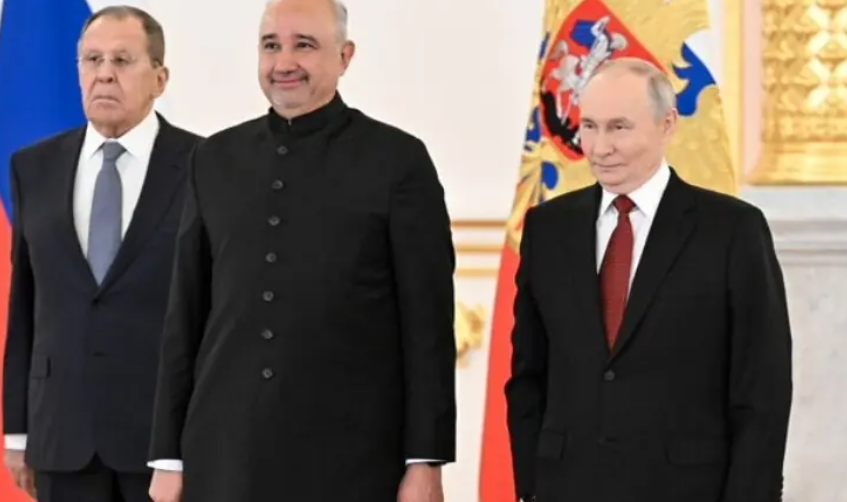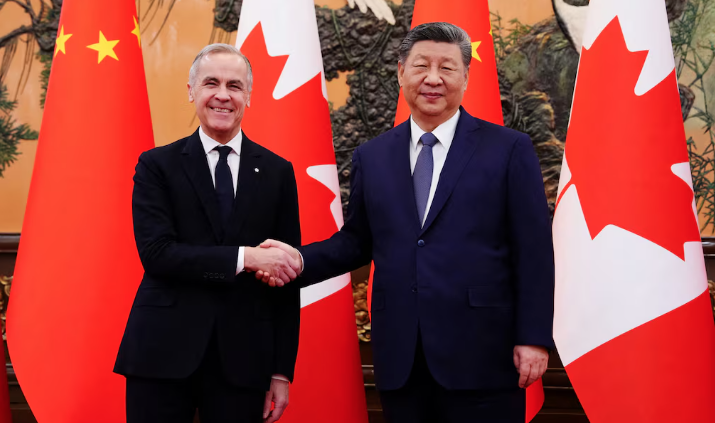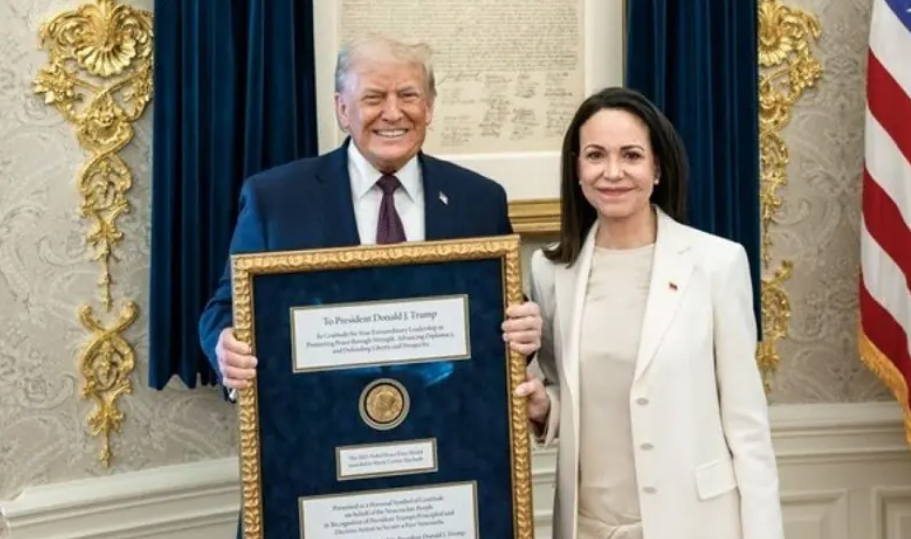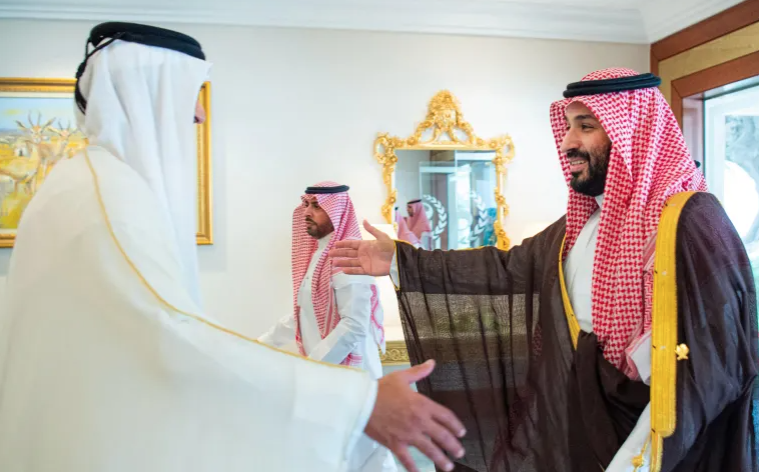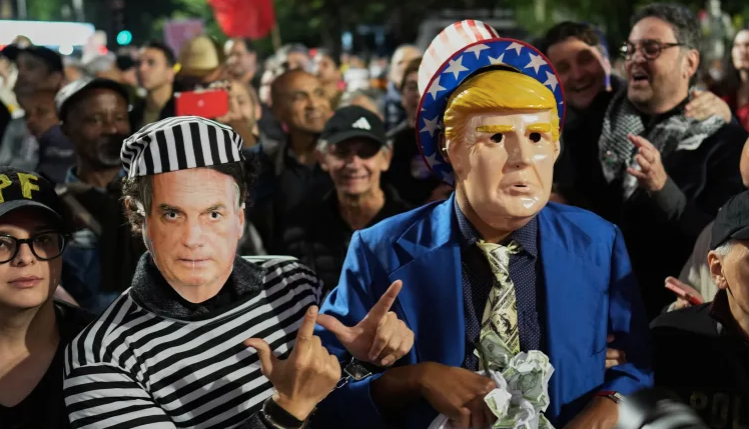WORLD NEWS
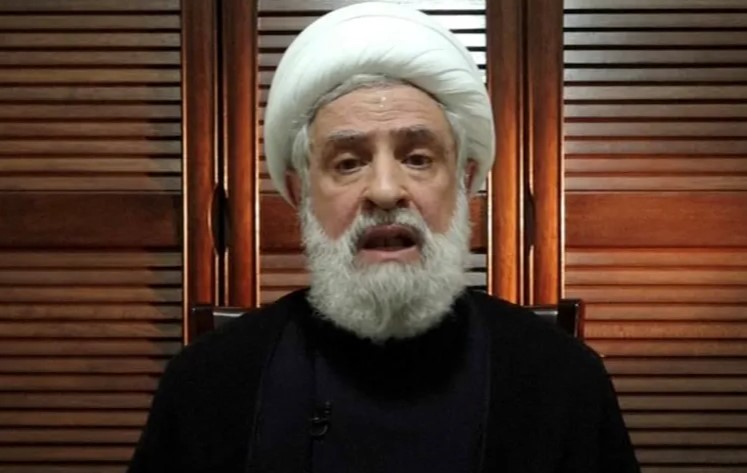
Hezbollah’s deputy chief, Sheikh Naim Qassem, asserted that the Lebanese armed group is prepared to confront an Israeli ground offensive, despite the recent killing of its leader, Hassan Nasrallah, along with several senior commanders. Qassem emphasized that Israel has not succeeded in dismantling Hezbollah’s military capabilities, claiming that the group’s operations have continued unabated in the face of heavy bombardment across Lebanon.
Hezbollah is reportedly working on establishing new leadership through “internal mechanisms,” though Qassem did not provide further details on the process. He stated, “We are quite ready, if the Israelis want a ground incursion, the resistance forces are ready for that,” signaling the group’s determination to maintain its operational momentum.
The deputy chief condemned Israel for committing atrocities against civilians throughout Lebanon, stating, “Israel attacks civilians, ambulances, children and the elderly. It does not fight fighters, but rather commits massacres.” Qassem also pointed to the role of the United States as a partner with Israel, highlighting the extensive military support it provides.
Analysts suggest that Qassem’s remarks are aimed at reassuring Hezbollah’s Shia base, particularly in light of Nasrallah’s death, whom many viewed as a pivotal leader. “He was trying to reassure his people that Hezbollah still has the military capabilities to fight, telling Israel it’s not ready to surrender,” noted regional expert Khodr. However, he also cautioned that Hezbollah must regroup following significant leadership losses due to recent Israeli operations.
The ongoing conflict has resulted in over 1,000 fatalities within two weeks, primarily due to intensified Israeli strikes in southern and eastern Lebanon. Israel’s shift in focus from Hamas in Gaza to Hezbollah has led to daily skirmishes and airstrikes, with the Israeli government indicating its aim is to secure the return of civilians to northern Israel.
On Monday, Israel escalated its attacks by striking a central area in Beirut, indicating a potential for further conflict. Meanwhile, Iran, a staunch ally of Hezbollah, remains cautious about escalating the situation into a wider regional war, with its Foreign Ministry asserting that there is no need to deploy additional forces to confront Israel.
Amid these tensions, Lebanon’s caretaker Prime Minister Najib Mikati reiterated the government’s commitment to an immediate ceasefire and announced preparations to deploy the army in southern Lebanon to implement a UN resolution aimed at curbing Hezbollah’s military presence in the area. Mikati emphasized Lebanon’s readiness to fully enact UN Security Council Resolution 1701, which seeks to prevent further conflict.
